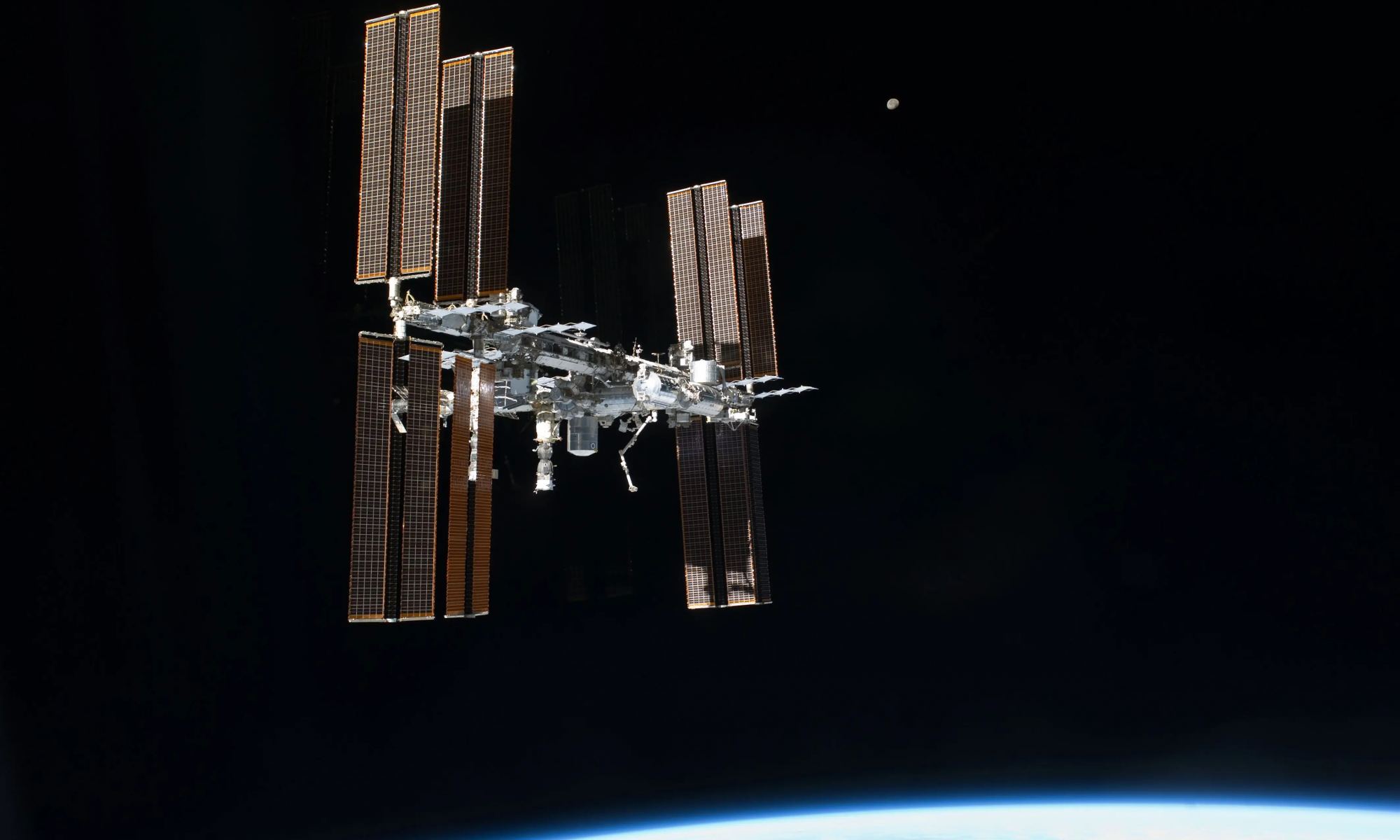In this decade and the next, humanity is poised to go to space like never before. National space agencies will be sending astronauts back to the Moon for the first time since the Apollo Era, private launch services will spearhead the commercialization of Low Earth Orbit (LEO), missions to the outer Solar System will search for evidence of extraterrestrial life, and crewed missions to Mars are on the horizon.
In preparation for this, a considerable amount of research is being done aboard the International Space Station (ISS) to determine how extended periods of time in space can affect living beings on the genetic level. In a recent experiment, a team of researchers from the University of Exeter conducted an analysis of worms on the ISS and noted “subtle changes” in their genetic makeup.
Continue reading “Spacefaring Worms Show How Gravity Affects Genes”
